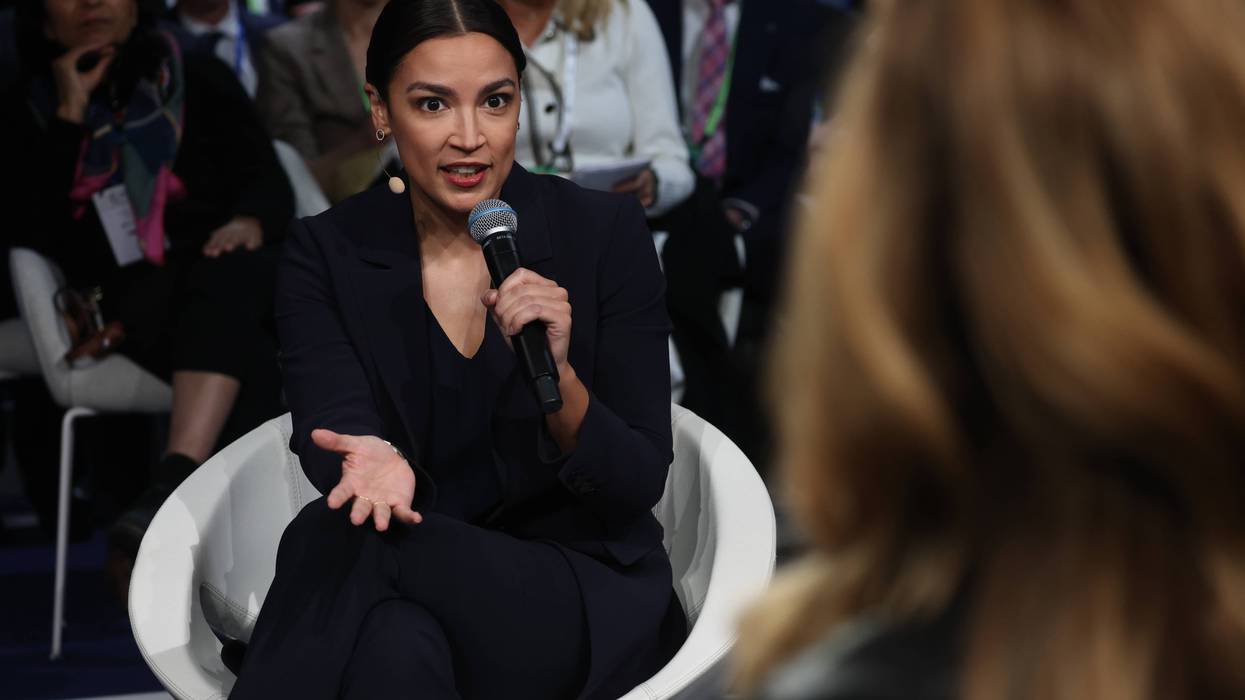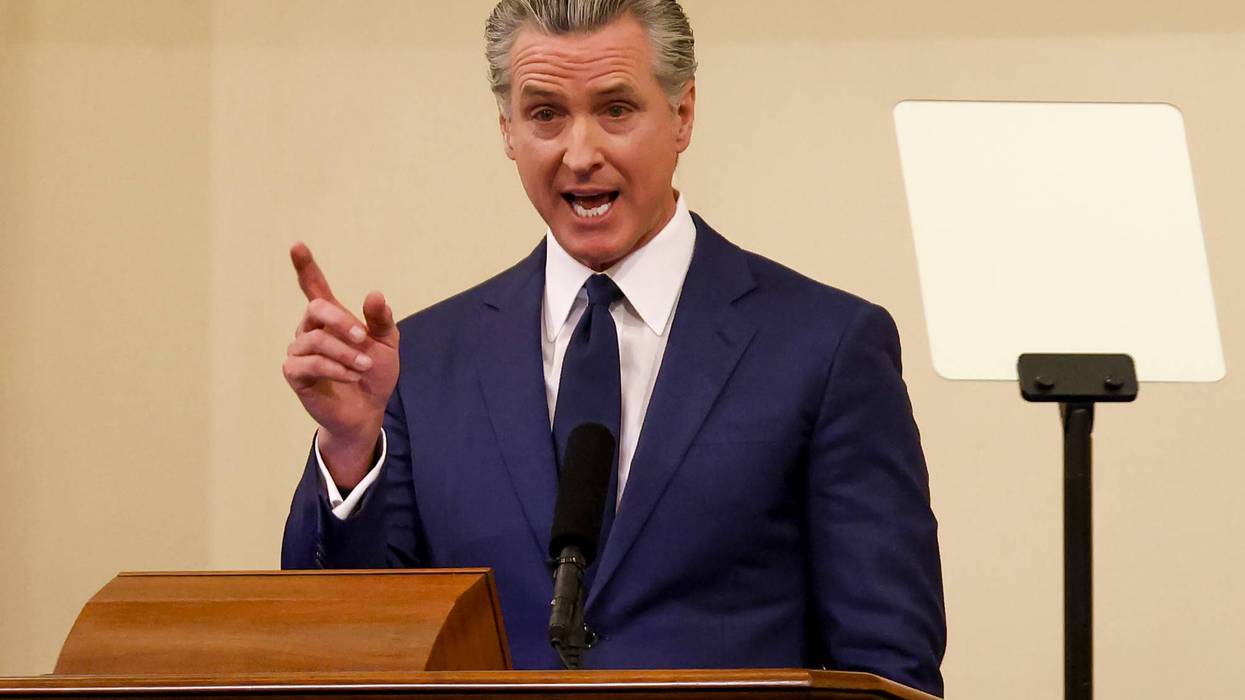Suppressed DNC Autopsy Found Biden Admin’s Support for Gaza Genocide Cost Harris Votes
One progressive advocacy group said the Democratic National Committee's 2024 postmortem "should be made public so Democrats can learn from past errors and win future elections."
Democratic National Committee officials who crafted the party's postmortem on its loss to President Donald Trump in the 2024 election reportedly determined that the Biden administration's support for Israel's genocidal assault on Gaza cost Kamala Harris votes, contributing to her defeat.
Axios reported Sunday that Democratic officials conducting the autopsy, which DNC leaders have decided to keep under wraps, "believed the issue harmed the party's standing with some voters."
"DNC aides putting together the report on Harris' loss to Donald Trump had a closed-door conversation with a pro-Palestinian group about the Israel-Gaza conflict," Axios noted. "Activists from the IMEU Policy Project told the DNC that the Biden-Harris administration's support for Israel was a factor in the party's losses because it drained support from some young people and progressives."
RootsAction, a progressive advocacy group that conducted its own analysis of Democrats' 2024 loss, said in a statement that the DNC's refusal to publicize its findings "undermines the goal of defeating Trumpism." RootsAction's autopsy, authored by journalist Christopher D. Cook, found "ample evidence that Harris lost many voters, especially young voters, Arab-Americans, and critical support in Michigan and elsewhere, due to the campaign’s failure to shift or even signal a potential shift in policy on Israel and Palestine."
The DNC's official autopsy, said RootsAction, "should be made public so Democrats can learn from past errors and win future elections."
Matt Duss, a former foreign policy adviser to US Sen. Bernie Sanders (I-Vt.), wrote on social media that "the only reason to keep this report secret is to avoid offending conservative donors."
"The committee determined that releasing it would spark a media frenzy and retrospective finger-pointing that could divide the party."
Polling released by the IMEU Policy Project last year found that nearly 30% of voters who cast ballots for former President Joe Biden in 2020 but did not vote for Harris four years later said ending Israel's assault on Gaza was the top issue impacting their decision.
The organization said the findings demonstrated what "few in the Democratic Party have been willing to admit: Vice President Harris lost votes because of the Biden administration’s support for Israel’s genocide of Palestinians in Gaza."
The New Republic's Greg Sargent reported in December that the DNC completed its autopsy "after extensive data analysis and hundreds of interviews in all 50 states."
"But according to a DNC official," Sargent wrote, "the committee determined that releasing it would spark a media frenzy and retrospective finger-pointing that could divide the party and distract from its winning streak in recent elections."
After her loss to Trump, Harris admitted during an event promoting her memoir that the Biden administration "should've done more" to protect Palestinian civilians from the Netanyahu government's devastating assault.
"We had more levers, in terms of leverage, that we did not use," said Harris.


